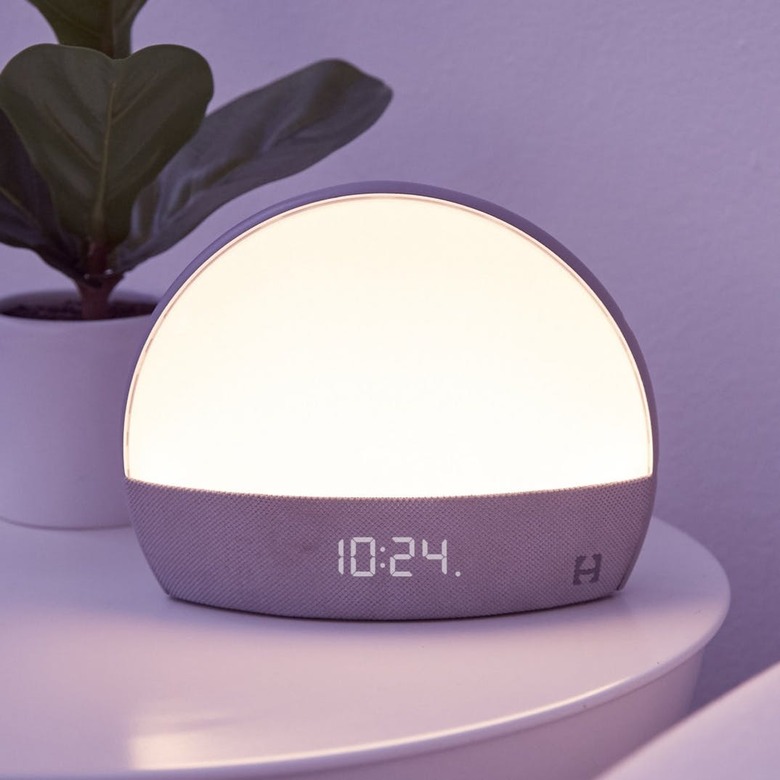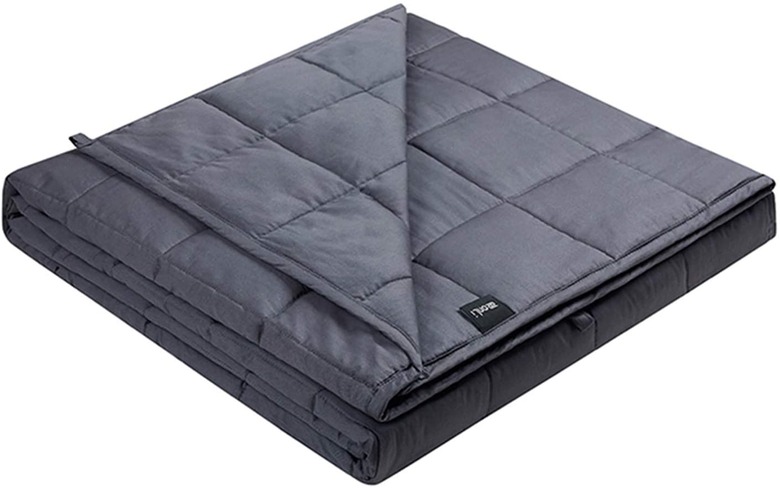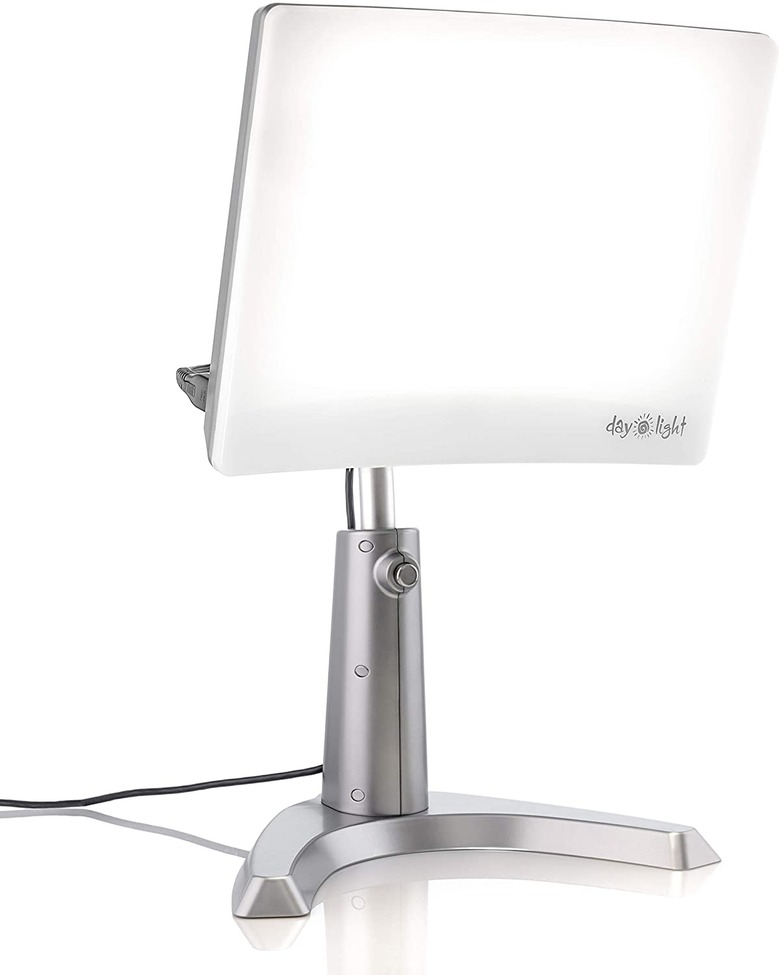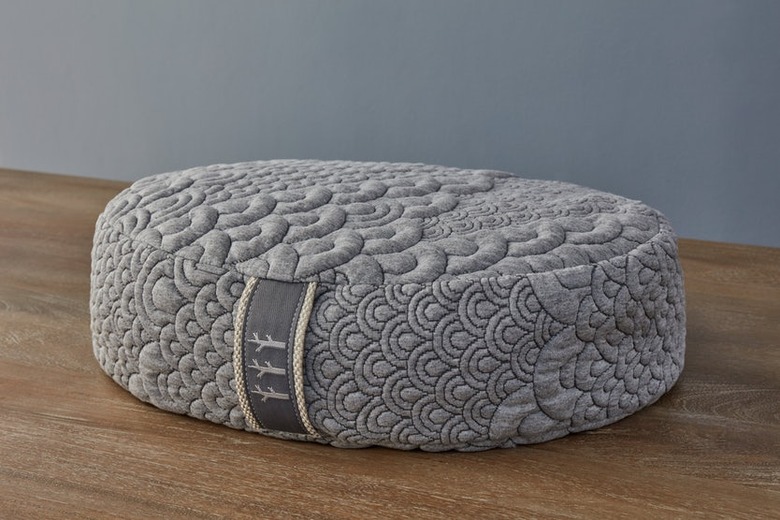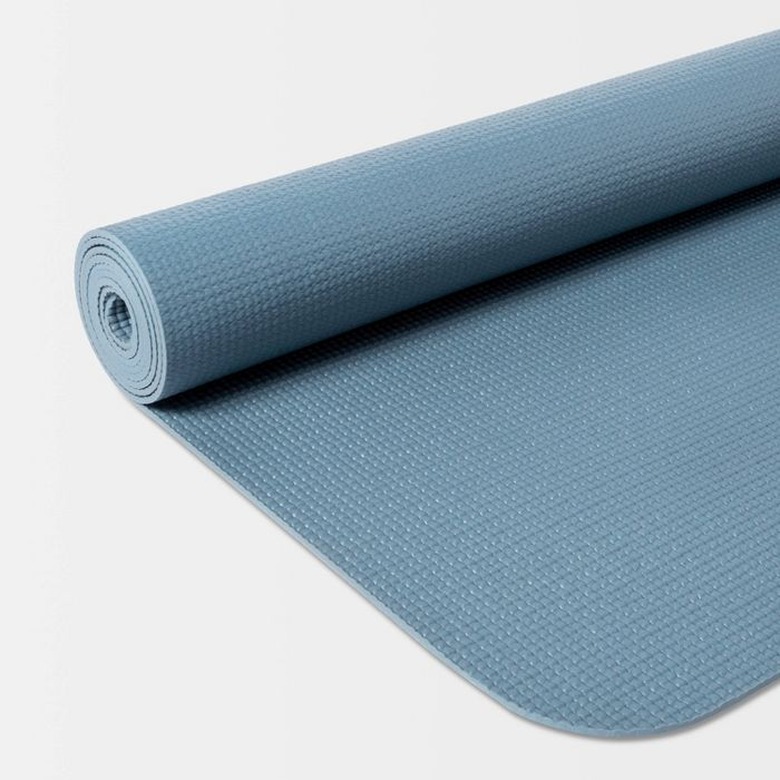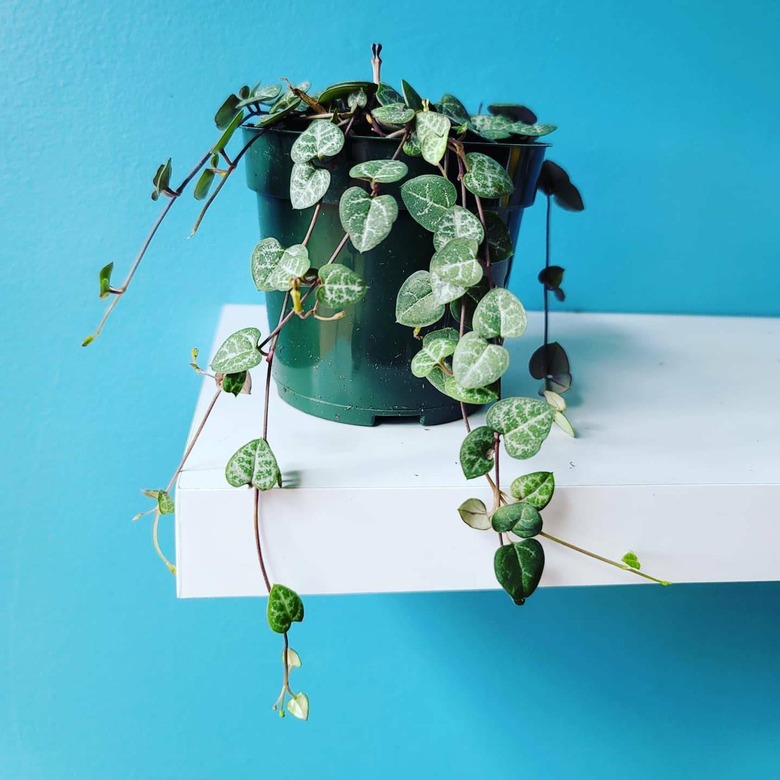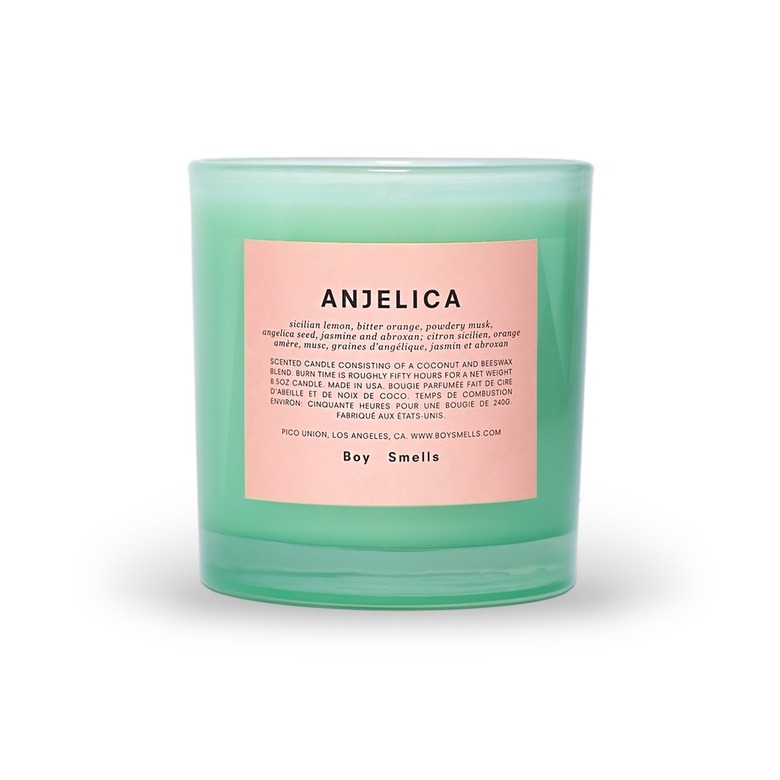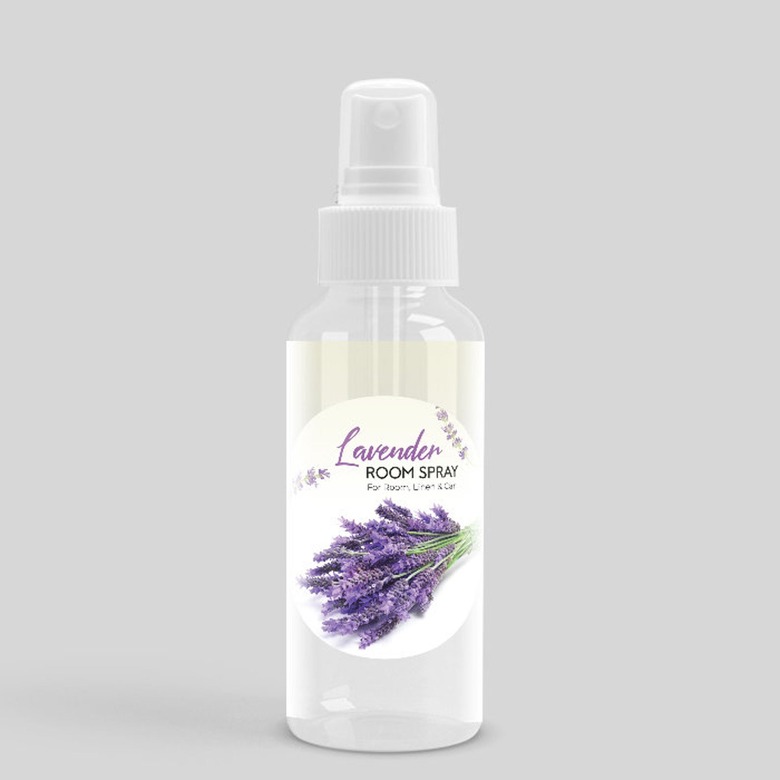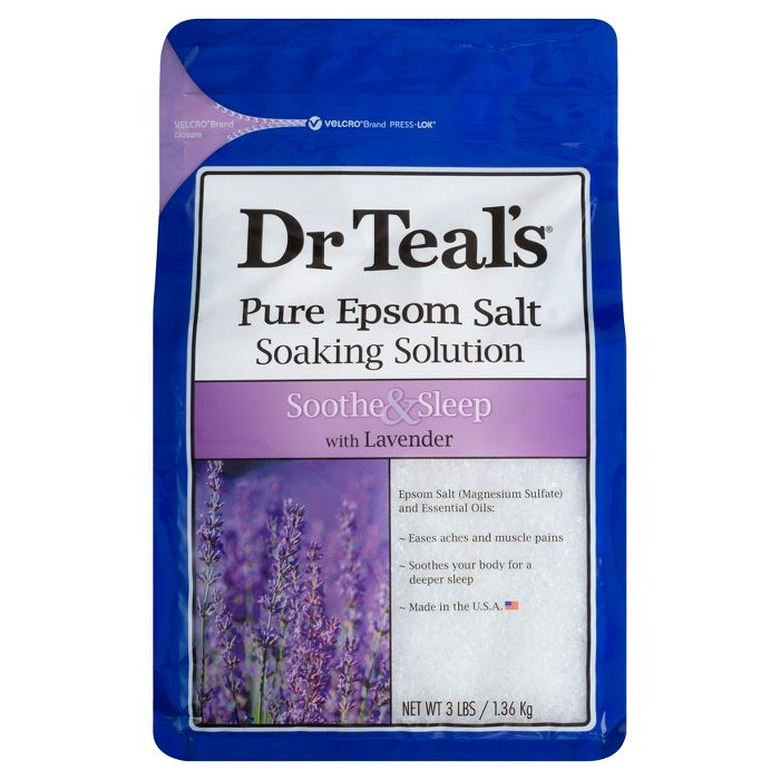9 Items That Could Ease Your Seasonal Depression Symptoms
It is estimated that 10 million Americans cope with seasonal affective disorder (SAD), according to Psychology Today. Also known as seasonal depression, SAD has been defined as "a type of depression that occurs regularly, every autumn and winter, when the days get short and dark." This definition is per Norman E. Rosenthal, MD, the psychiatrist credited with discovering SAD, who adds that people can also cope with a seasonally opposite type of SAD called summer-SAD.
Rosenthal explains that SAD is typically caused by a lack of sunlight, stress, and a biological predisposition. When compared with men, women are also four times more likely to cope with SAD. As for treatment options, Rosenthal recommends the following: light therapy, stress management, exercise, talk therapy, antidepressant medications, trips to sunny places, a healthy diet, and possible relocation.
While you don't have to buy anything to treat SAD, there are products out there that could help ease SAD symptoms. We're including some options down below, but please note: These items are not a replacement for professional treatment. They are merely tools that could help.
1. ZonLi Weighted Blanket, $79.99
1. ZonLi Weighted Blanket, $79.99
According to Penn Medicine, weighted blankets utilize "pressure therapy" — the feeling of being hugged or swaddled — to calm your nervous system and lower your heart rate. Weighted blankets can help alleviate symptoms of anxiety, sleep disorders, ADHD, and autism.
2. Carex Day-Light Light Therapy Lamp, $114.95
2. Carex Day-Light Light Therapy Lamp, $114.95
The Strategist recommends this lamp as the "best overall SAD lamp" because it has a large screen, a downward-facing angle (which experts recommend), and it comes at a more affordable price. While getting outside in natural light is a free form of light therapy, this lamp can be used on cold, dark days.
3. Brentwood Home Oval Meditation Yoga Pillow, $59
3. Brentwood Home Oval Meditation Yoga Pillow, $59
On his website, Rosenthal writes, "One of the most effective ways to reduce stress is meditation. I have been enormously helped in managing my own SAD symptoms since regularly practicing Transcendental Meditation (TM), and many others have found this practice equally helpful."
Though you don't need a meditation pillow to start meditating, it could serve as a reminder and encouragement — especially if you create a special meditation area in your home.
4. Target Yoga Mat, $15.99
4. Target Yoga Mat, $15.99
Dr. Rosenthal also recommends exercise as a technique to help with SAD symptoms. "Yoga can also be highly beneficial for reducing stress and keeping you limber in the months, when one tends to become a couch potato," he writes.
5. BrownPlantGirls String of Hearts, starting at $24.99
5. BrownPlantGirls String of Hearts, starting at $24.99
A March 2019 research article outlines that plants can help reduce anxiety and stress, decrease depression, increase life satisfaction and creativity, and enhance productivity. While there is no mention of SAD specifically, it couldn't hurt to surround yourself with plants that remind you of sunnier, greener times.
6. Boy Smells Anjelica Candle, $34
6. Boy Smells Anjelica Candle, $34
Healthline reports that the scent of orange and lemon can boost your energy. Jasmine, on the other hand, can help treat depression. While you can find all three of these scents in the Anjelica candle by Boy Smells, you could also purchase them separately as essential oils for when you need a pick-me-up.
7. NaturalSisters Lavender Room Spray, starting at $5.10
7. NaturalSisters Lavender Room Spray, starting at $5.10
If you're looking for a scent that will relax you, lavender is a great option, according to an October 2018 study. Just make sure that you don't overuse the scent, which could cause your body to acclimate to it.
8. Dr Teal's Pure Epsom Salt with Lavender, $6.29
8. Dr Teal's Pure Epsom Salt with Lavender, $6.29
In October 2018, The Guardian reported that regular baths can lift your mood, which can help when SAD has you feeling down. To make your bath the most relaxing it can be, consider adding a lavender-infused product with epsom salt to relax your muscles.
9. Hatch Restore Smart Light and Sleep Sounds, $129.95
9. Hatch Restore Smart Light and Sleep Sounds, $129.95
If your SAD makes it hard for you to sleep and wake up, an alarm clock with a smart light could be beneficial. According to Hatch, "By gently waking you up with light instead of sound, the Restore Sunrise Alarm mimics a natural dawn, moving from red to orange to white before your chosen alarm sounds. This gradual exposure to light prompts your brain to release cortisol, the hormone that cues your body to wake naturally and gently."
Again, these products are not meant to replace professional help or act as a treatment for SAD. To find a therapist, you can use Psychology Today's Find a Therapist feature. They also provide options for teletherapy, psychiatrists, treatment centers, and support groups. If you are dealing with suicidal thoughts, the National Suicide Prevention Lifeline can be reached 24/7 at 800-273-8255.
